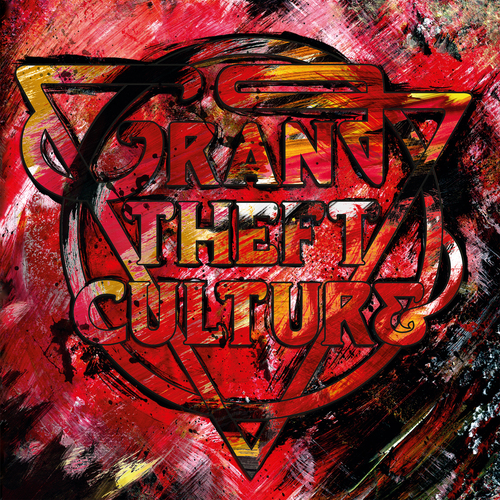Alexandre Dumas – The Three Musketeers
Classic Novel
There’s something special about reading a classic novel like The Three Musketeers that everyone is supposed to have read, though evidently, not everyone has. Books like this one, where the plot is so well-known that it’s almost obligated knowledge to be familiar with it. But how many of us have actually read it? How many of us can proudly say that we have that experience? How many of us can be proud to say that we can remember the names of the three musketeers: Athos, Porthos, and Aramis, along with D’Artagnan? If we also can mention Cardinal Richelieu, most of us would feel reasonably well-informed.
Of course, I’m aware that I might agitate some people here. You might say that I’m using something called the straw man method to diminish some of the well-read people out there. Still, those who take offense at my generalization might also grasp its point. And therefore understand that there’s no personal animosity involved. It’s just an observation that classics aren’t always as widely read as we think. Often, we know the story so well that there’s a more or less unconscious reluctance to read something we already know. Does that sound familiar?
550 Pages
Most of us settle for this superficial knowledge of the plot and believe that we don’t need to read the around 550 pages that The Three Musketeers contains. That was the length of the version I read at least. I imagine there are several different versions depending on translations and such. I for one, haven’t read the original French version of the Novel. We content ourselves with the movies and stage adaptations, thinking we have the whole picture. I can tell you, we don’t.
Of course, I can’t claim with a hundred percent certainty that this applies to everyone. But as someone more of a film nerd than a bookworm who has seen several film adaptations, I find it highly probable. The story may emerge, but hardly the tone in which the book is written. The language that gives it its extremely humorous reflection. The language that ultimately abandons its humor and imparts to the book a pitch-dark tragedy that sends shivers down the spine!
Politeness absurdum
In many ways, The Three Musketeers is an adventure novel, which is not unusual. What’s amusing when reading it is the utter disregard for death that all the characters possess. They fear neither death nor anything else, except dishonor and breaking their word as gentlemen. This is something that consistently permeates the book—the honor expected of a gentleman. You keep your word, period! You’re also expected to be treated in a dignified manner; if insulted, you have the right to a duel to the death.
This must take place under extremely honorable conditions- After a few hundred pages, this mutual admiration almost gets on my nerves. In almost every sentence, you must extol the excellence of your opponent—even when the lines are meant to insult them. It’s some strange code of politeness mixed with irony. Amusing for a few hundred pages, but, as I said, somewhat tiresome in the long run!
Been sitting on my shelf
The book has been on my shelves for many years but was originally written in 1844. I think I got it about 150 years later and yet it took me several years before I read it. My literary interest has kind of been lying dormant and didn’t get activated until a few years ago. it remained unread. Fortunately, because I probably wouldn’t have gotten through it a few years ago. The language is antiquated and appeals to me now, but likely not before. Furthermore, the dust jacket claims that this is the unabridged version—no reductions or abridgments and in two parts. I see it as purely positive, as I don’t quite understand why one would shorten or alter the structure of a classic work. That would only make sense for children and young adult use.
I’m pleased that I can now consider myself among those who have actually read the book. I will continue to seek out such works if I can. It gives me a certain satisfaction. The book itself was a bit inaccessible due to the language and the code of politeness, perhaps. I liked it, but at times, I had to struggle through the text. On occasion, I had to set it aside and mix in something more straightforward. But as I said, I’m glad I didn’t give up after a few pages, which likely would have been the case at the time of purchase in the early ’80s!
































